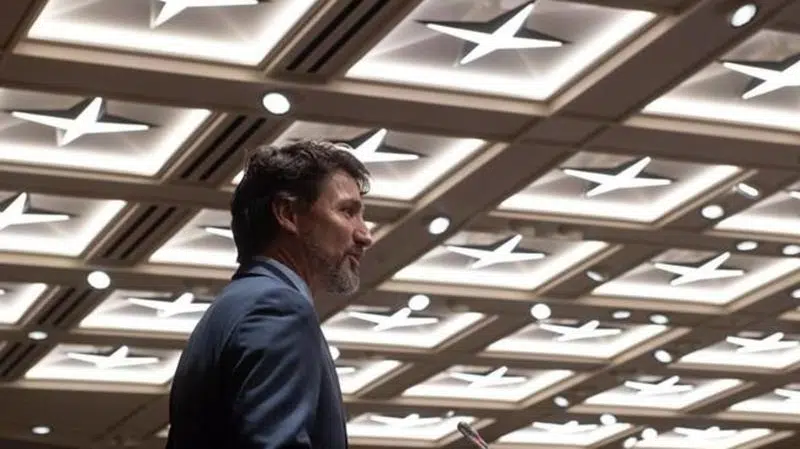
Facing minority Parliament, Trudeau tells MPs to respect opposition
OTTAWA — Play nice.
That was Justin Trudeau’s advice Thursday to Liberal MPs as they gathered to plot strategy for Monday’s resumption of Parliament for its first extended sitting since the Oct. 21 election reduced the Liberals to a minority in the House of Commons.
“All is not the same as it was in our previous mandate,” the prime minister told MPs at the start of a two-day caucus retreat.
“It’s up to us to work more with other parties, to work more across the country as we take Parliament seriously.”


